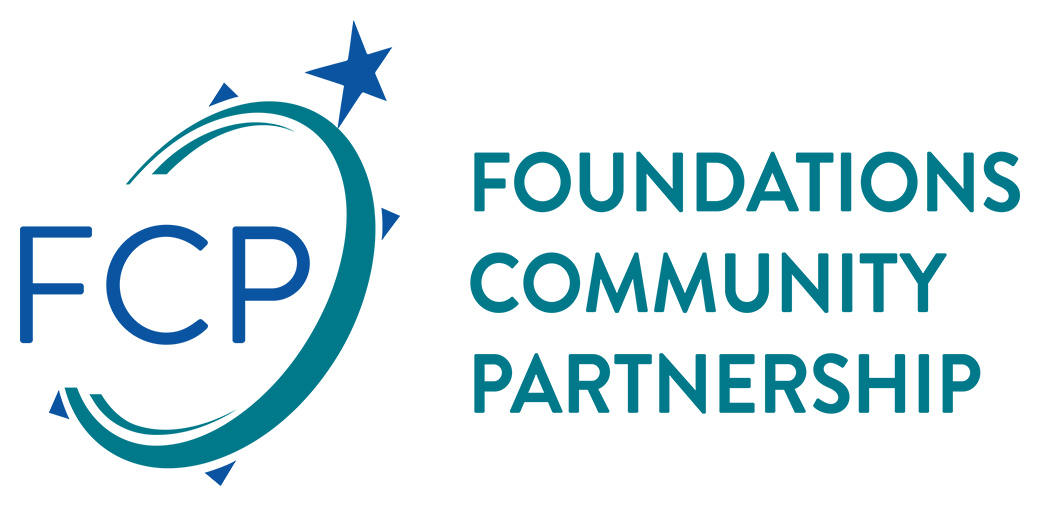Great Pediatric OCD Workshop
This was a great presentation today by Dr. Martin Franklin on Cognitive Behavioral Treatment of Obsessive Compulsive Disorder in children and adolescents. This was his return visit to the Foundations Community Partnership behavioral health lecture series by popular demand. Dr. Franklin presented last fall on “Trichotillomania” in adolescents. Today’s workshop was a full house. He was welcomed back.
Today’s presentation was both enjoyable and informative. This was one of the few times where I’ve seen the audience readily postpone a break in the middle of the three hour workshop, to learn more about the presenters treatment techniques. The 3 hours went by quickly. His workshop included the necessary elements including: Phenomenology and description of the disorder, assessment instruments and strategies, research to support the theory and treatment, and an overview of treatment techniques. He did not simply read his slides, he told humorous but very relevant stories, provided case examples and included research studies. He quickly came back to his point for each item. Overall, I thought that his presentation was well balanced, and all elements were covered. He really knows this stuff!
Sometimes, I attend workshops where the presenter is stilted, defensive, or awkward at handling questions. In some cases, questions from the audience appear as an attempt to “hurry” the presentation, with the presenter saying “I will get to that later.” All questions today appeared relevant and current to the items being presented. Dr. Franklin listened carefully and answered each question fully. He also allowed questions at the end. Questions did not interrupt the flow of his workshop. He was gracious and thorough in response to questions. The audience was satisfied.
As usual, I learned a bunch of things from Dr. Franklin this morning. His focus on the Obsessive Compulsive Cycle (Obsession-Distress-Compulsion-Relief) is important. He reiterated that his treatment will increase obsessive thoughts and distress, while limiting or eliminating compulsive behavior. Tolerating and habituating to the obsessive thoughts and eliminating the compulsion is essential in treatment. He described many creative techniques to increase exposure to the obsessions that need to be challenged without the relief provided by the compulsive behavior. At one point during Dr. Franklins presentation, I almost thought that it would be fun to be a kid with OCD, so I could participate in his treatment (I said almost!). Dr. Franklin pointed out that these techniques also work with children and others who do not have high ability for insight. He said that the clinician must work hard to find creative but concrete opportunities for exposure to obsessions, because the person may not recognize that the obsessions and compulsions are unreasonable. As usual with CBT research, combination of medication (SRI’s) and CBT treatments appear most effective.
Dr. Franklin mentioned that research often explains very complex things in complex ways. He was trying to make it simple in his presentation. As the former college linebacker and current coach, father, Philly sports fan, and everyday guy that he appears, Dr. Franklin did just that. As he stated, his daughter, at age six did better. She described his treatment methods in a couple of sentences.
“Blah, blah blah, do the thing you’re afraid of.
Blah, blah, blah, the more you do it, the easier it gets.”
Any other thoughts?
